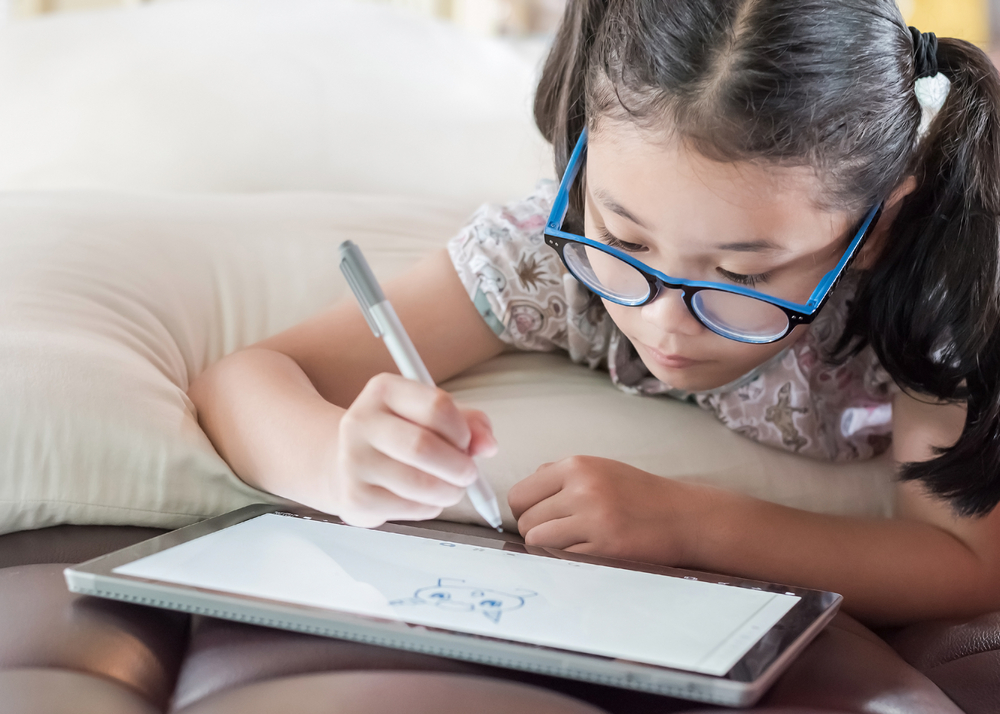Fine motor skills development Normal Worksheets for Ages 5-9
7 filtered results
-
From - To
Enhance your child's fine motor skills with our engaging and age-appropriate worksheets designed for ages 5-9. These fun activities focus on developing essential skills such as hand-eye coordination, dexterity, and grip strength through a variety of exercises, including tracing, cutting, and coloring. Our normal worksheets provide a balanced approach, integrating learning with play to keep kids motivated and excited. Perfect for parents and educators alike, these printable resources are aimed at fostering independence and confidence in young learners. Explore our collection today and watch your child flourish as they master crucial fine motor skills during these formative years!
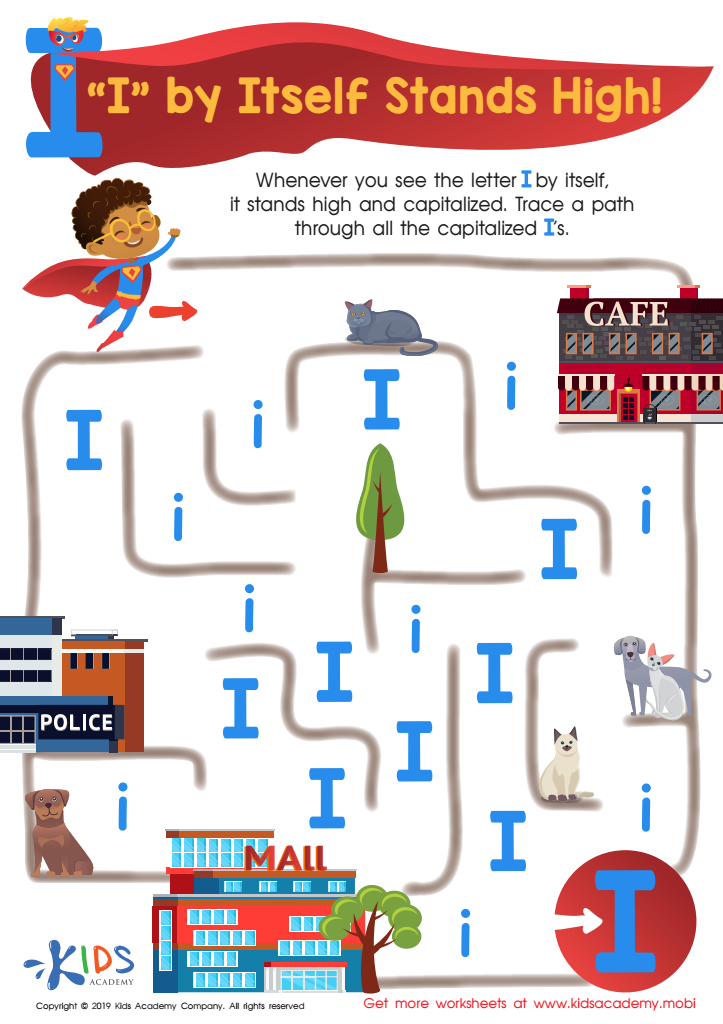

I Stands High Worksheet
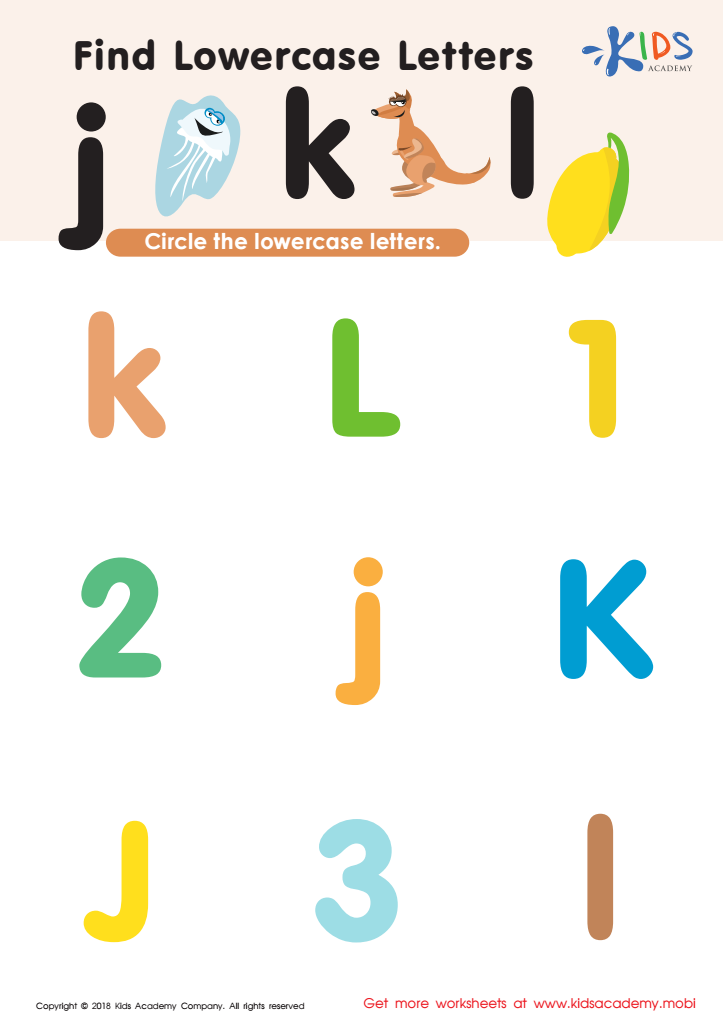

Find Lowercase Letters j k l Worksheet
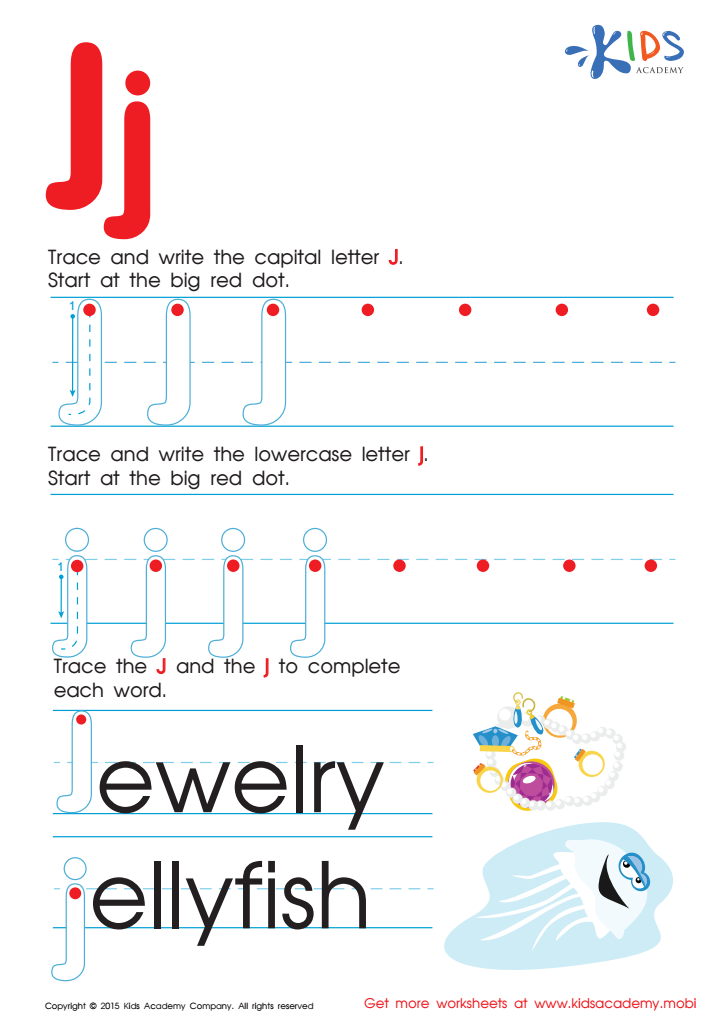

Letter J Tracing Page
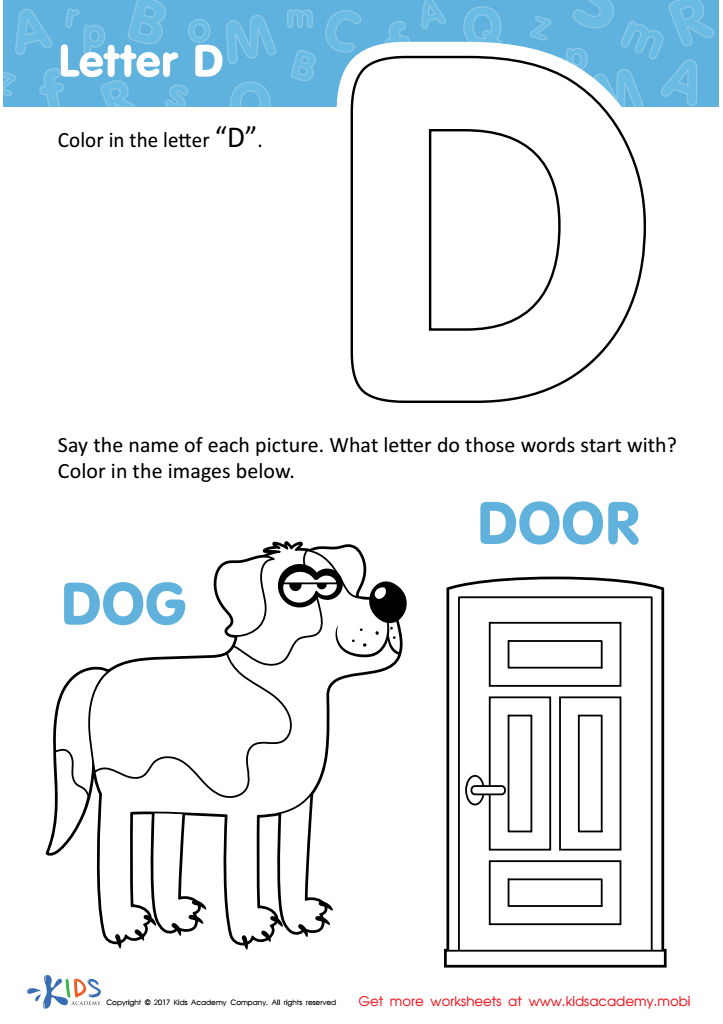

Letter D Coloring Sheet
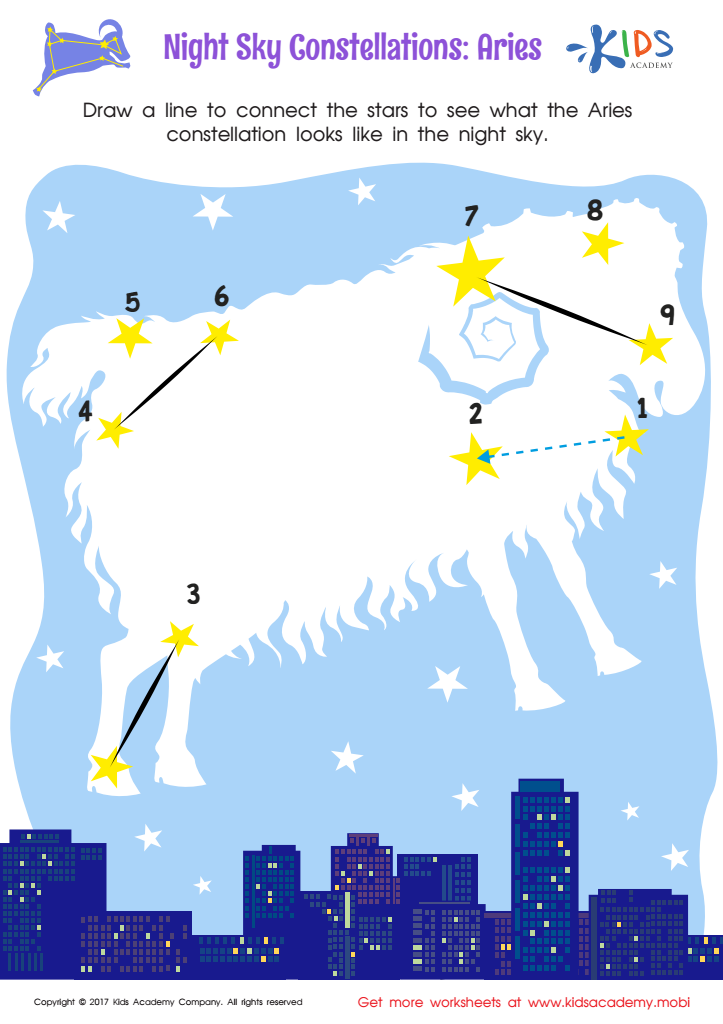

Night Sky Constellations: Aries Worksheet
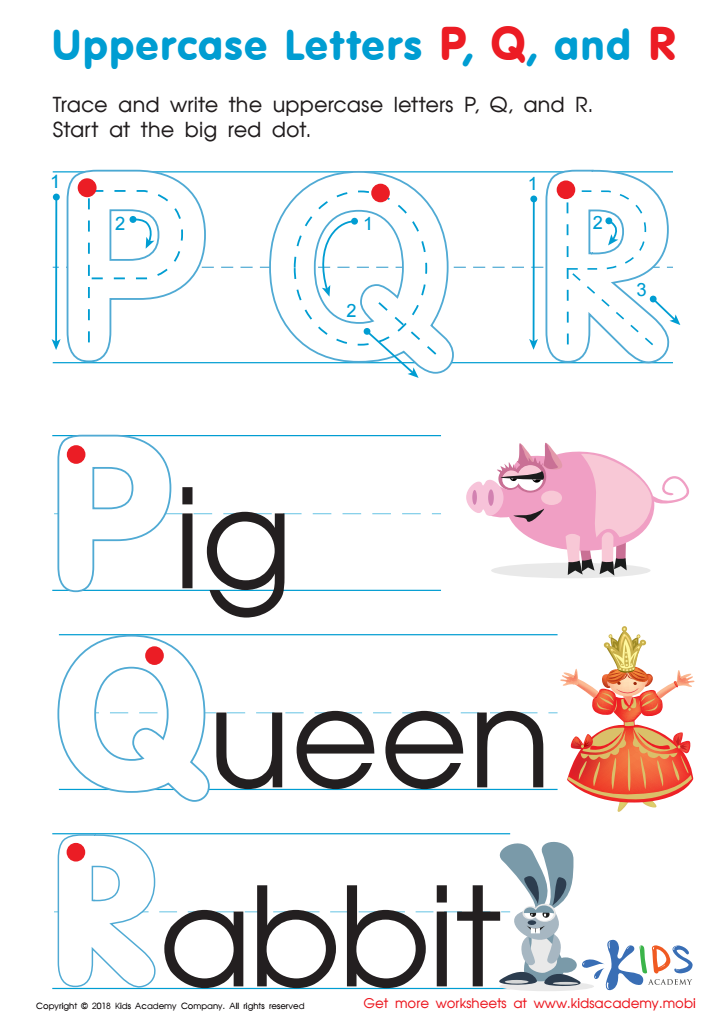

Uppercase Letters P, Q, and R Worksheet
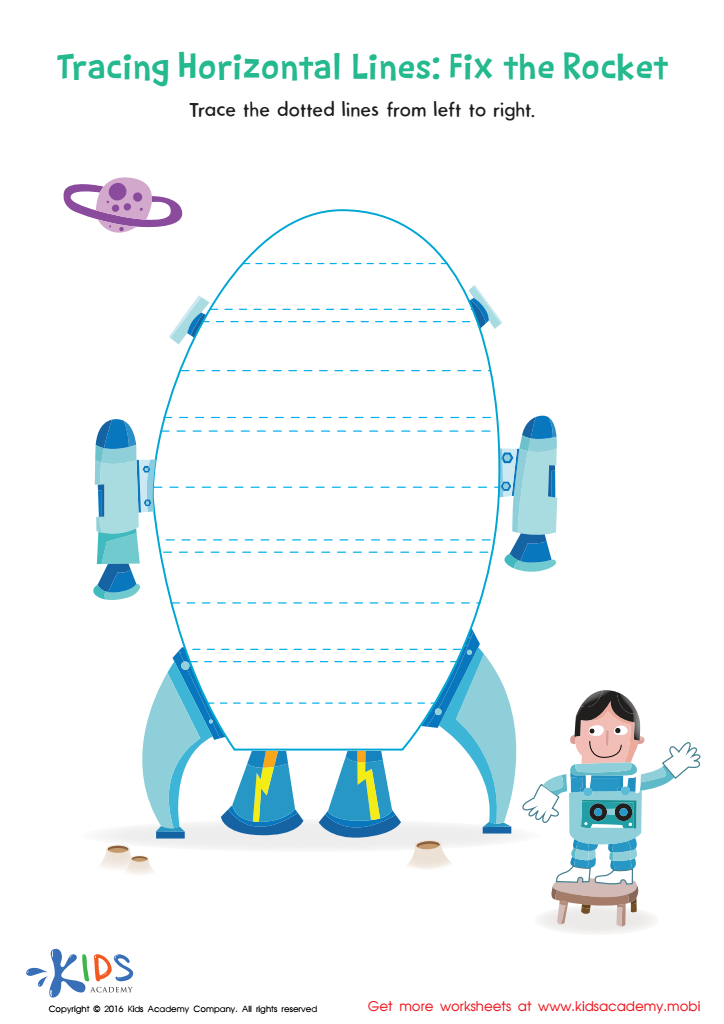

Tracing Horizontal Lines Worksheet
Fine motor skills are essential for children's overall development, particularly for those aged 5-9. These skills involve the coordination of small muscles in the hands and fingers, enabling children to perform tasks that require precision, such as writing, cutting, buttoning, and drawing. Parents and teachers should care about this developmental stage for several reasons.
Firstly, fine motor skills are crucial for academic success. As children learn to write and express their thoughts, proficient fine motor skills help them communicate effectively in school. Furthermore, mastering these skills fosters independence in daily tasks, enhancing a child's confidence and motivation to learn.
Secondly, fine motor development is closely linked to cognitive development. Activities that strengthen fine motor skills, such as puzzles and crafts, encourage problem-solving, creativity, and hand-eye coordination, which are foundational for more complex tasks in the future.
Lastly, engaging children in activities that strengthen their fine motor abilities can be a bonding experience for parents and teachers, promoting social learning and collaboration. Investing time and resources into this aspect of development not only prepares children for future academic challenges but also equips them with essential life skills.
 Assign to My Students
Assign to My Students




